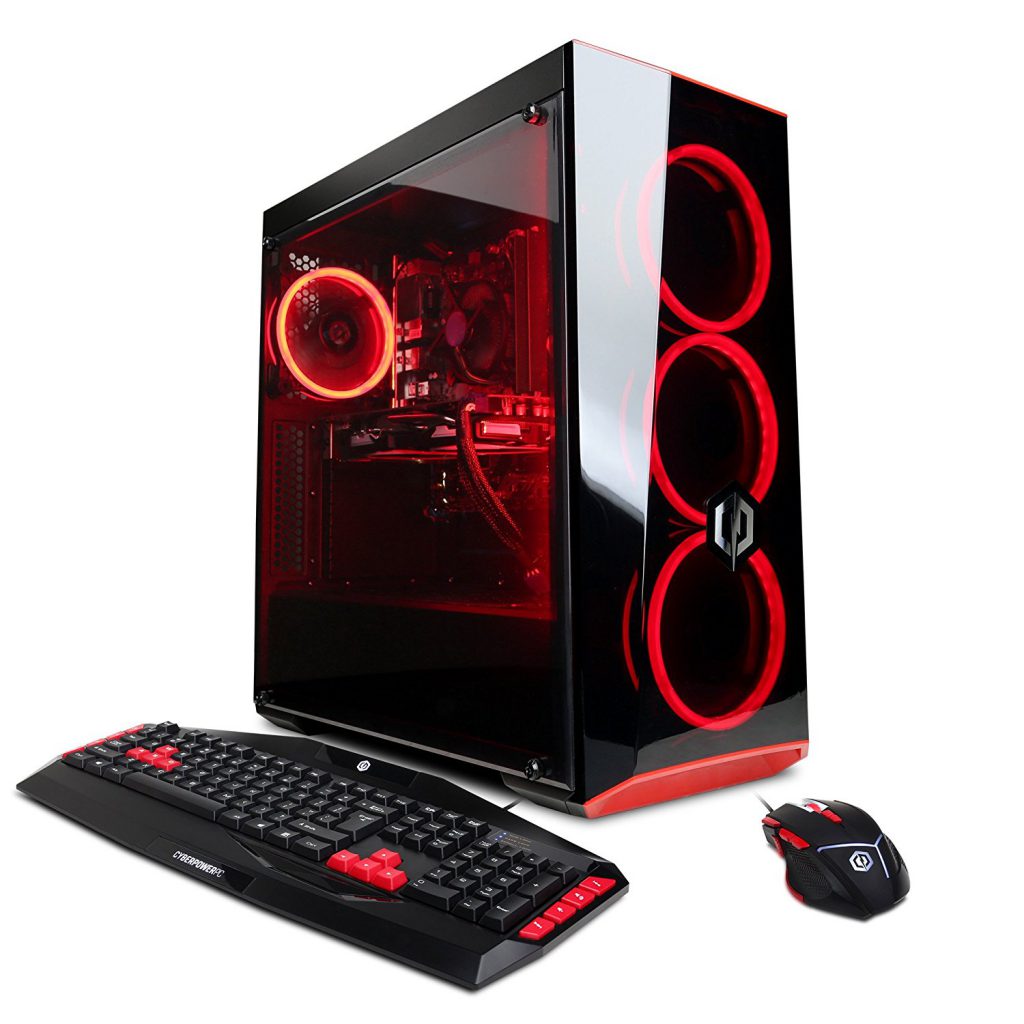

VR backpack PCs feature components typically found in high-end gaming laptops, repackaged into a more practical, wearable chassis.
BEST CHEAP VR DESKTOP COMPUTERS PC
Higher-quality, integrated VR hardware will take important steps this year, with the likes of Oculus’ Santa Cruz project and various other standalone mobile VR headsets on the way, but the most visually-ambitious experiences will continue to demand powerful, ‘desktop-class’ PC hardware in the foreseeable future. In an ideal world, VR headsets would be self-contained, comfortable, and unobtrusive. Crowded networks at events can cause problems for some wireless systems today’s wireless solutions sometimes mean additional latency, reduction in visual quality, and range restrictions compared to being directly attached to a back-mounted PC. Wireless solutions such as TPCast are already available for the Vive and Rift, and the announcement of an official Vive Wireless Adaptor from HTC at CES 2018 indicates further momentum in this area, but the backpack PC still has valid use cases. Here we take a look at a range of VR backpack computers and what they offer. For now, there are two options if you want to eliminate that pesky cable: a special wireless adapter, or a backpack PC to let the rendering happen directly on your person. One of the current barriers to immersion for high-end VR headsets is being tethered to a powerful PC.


 0 kommentar(er)
0 kommentar(er)
